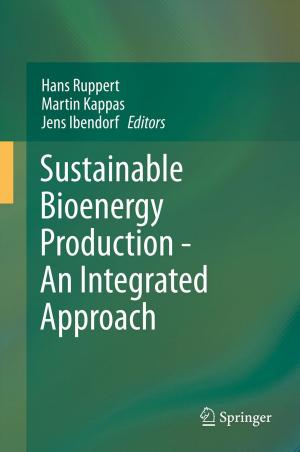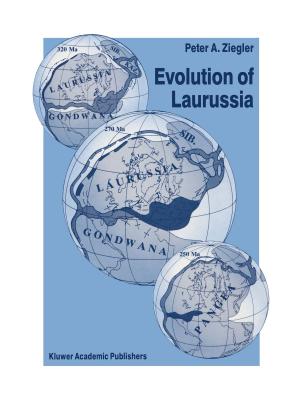Hazards in a Fickle Environment: Bangladesh
Nonfiction, Science & Nature, Science, Earth Sciences, Geography| Author: | C.E. Haque | ISBN: | 9789401151559 |
| Publisher: | Springer Netherlands | Publication: | December 6, 2012 |
| Imprint: | Springer | Language: | English |
| Author: | C.E. Haque |
| ISBN: | 9789401151559 |
| Publisher: | Springer Netherlands |
| Publication: | December 6, 2012 |
| Imprint: | Springer |
| Language: | English |
This book evolved from a collaborative research project between the University of Manitoba, Canada and Jahangirnagar University, Bangladesh, which commenced in 1984 to study the problems of river channel migration, rural population displacement and land relocation in Bangladesh. The study was sponsored by the International Development Research Center (IDRC), based in Ottawa, Canada. It was through this project that I started my journey into disaster research more than thirteen years ago with basically an applied problem of massive magnitude in Bangladesh. I spent two- and-a half-years, in two stages, in Bangladesh's riparian villages to collect the empirical data for this study. Then the growing disaster discourse throughout the 1980s, especially its conceptual and theoretical areas, drew me in further, gluing my interest to these issues. In the 1990s, during my research and teaching at Brandon University, Canada, I realized that, despite the large body of literature on natural disasters, there was no work that synthesized the approaches to nature-triggered disasters in a comprehensive form, with sufficient empirical substantiation. In addition, despite the great deal of attention given to disasters in Bangladesh, I found no detailed reference book on the topic. Natural hazards and disasters, in my view, should be studied under a holistic framework encompassing the natural environment, society and individuals. Overreaction to the limitations of technocratic-scientific approaches-the control and prevention of physical events through specialized knowledge and skills-has resulted in a call for "taking the naturalness out of natural disasters.
This book evolved from a collaborative research project between the University of Manitoba, Canada and Jahangirnagar University, Bangladesh, which commenced in 1984 to study the problems of river channel migration, rural population displacement and land relocation in Bangladesh. The study was sponsored by the International Development Research Center (IDRC), based in Ottawa, Canada. It was through this project that I started my journey into disaster research more than thirteen years ago with basically an applied problem of massive magnitude in Bangladesh. I spent two- and-a half-years, in two stages, in Bangladesh's riparian villages to collect the empirical data for this study. Then the growing disaster discourse throughout the 1980s, especially its conceptual and theoretical areas, drew me in further, gluing my interest to these issues. In the 1990s, during my research and teaching at Brandon University, Canada, I realized that, despite the large body of literature on natural disasters, there was no work that synthesized the approaches to nature-triggered disasters in a comprehensive form, with sufficient empirical substantiation. In addition, despite the great deal of attention given to disasters in Bangladesh, I found no detailed reference book on the topic. Natural hazards and disasters, in my view, should be studied under a holistic framework encompassing the natural environment, society and individuals. Overreaction to the limitations of technocratic-scientific approaches-the control and prevention of physical events through specialized knowledge and skills-has resulted in a call for "taking the naturalness out of natural disasters.















